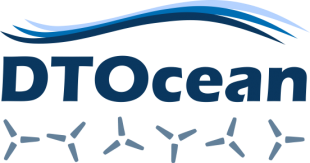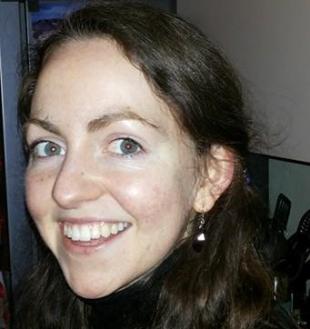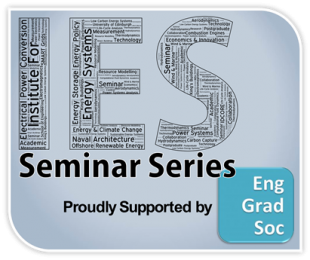Location:
Hudson Beare, Classroom 4
Date:
Maggie Creed
Modelling Water Sediment and bed Morphological Changes
Abstract:
Many environmental free surface flows involve water and sediment transport. The net changes to the surface level of an erodible bed by sediment entrainment and deposition processes have a feedback effect on the local flow hydrodynamics. Bed morphological change is of great socio-economic and environmental importance in that it affects navigation, flood risk management, water quality, species diversity and overall river sustainability. In coastal regions, erosion and scour can affect the bearing capacity of offshore structures. This seminar will describe the mathematical model used to solve the shallow water-sediment equations in their fully coupled conservative form using a shock-capturing finite volume algorithm. Results will then be presented for bedload transport of a sandbar over a fixed bed and for partial dam break flow over a mobile bed.
Bio:
Maggie Creed is a fourth year PhD student in IES, The University of Edinburgh. In 2012, she graduated with a BE in Civil and Environmental Engineering from University College Cork, Ireland and a joint degree and MSc in Engineering from ENTPE, France, the same year. In 2012 she was awarded the Lloyd’s Register Best Maritime Technology Student in the European SET awards for her final year undergraduate research project “Modelling Sediment Laden River Flow”. For her doctoral studies, Maggie is developing a numerical model of the fully coupled shallow water-sediment equations to simulate sediment laden dam break and debris flows.
David Bould
DTOcean: An Overview and Progress Update
Abstract:
DTOcean (Optimal Design Tools for Ocean Energy Arrays) is a collaborative research and development project funded by the European Commission. It gathers 18 partner organisations from 11 countries and is co-ordinated by the University of Edinburgh. DTOcean aims to accelerate the industrial development of marine energy by creating software tools for the optimised design of first generation wave and tidal energy converter arrays.
The complete DTOcean package will include a variety of modules covering: array layout; electrical system architecture; moorings & foundations; lifecycle logistics; and system control & operation. The majority of individual module functionality has now been finalised and, as DTOcean enters its final year, the challenge is to integrate these tools into a complete package that provides an optimal design at an array lifecycle level rather than at an individual module level.
This talk will provide a brief overview of the ultimate goals of DTOcean and dig in to the individual tools that form the complete package. A summary of project progress to date will be given followed by an outline of the tasks to be completed in the final year of the project.
Bio:
David is a Research Associate at the University of Edinburgh’s Institute for Energy Systems. As part of the Policy and Innovation Group, he works on projects including DTOcean and Wave Energy Scotland which aim to accelerate the deployment of marine energy technologies.
After completing a BSc in Computer Science & Management Science at the University of Edinburgh, David began working offshore as a geophysicist in the oil and gas seismic surveying sector. After 7 years at sea, oil industry guilt set in and David returned to the University of Edinburgh to study towards an MSc in Sustainable Energy Systems.
Before taking his current position, David worked in the Policy & Markets and Innovation departments of the Carbon Trust where he analysed energy scenario studies and contributed to the inception and initial operation of Wave Energy Scotland.





